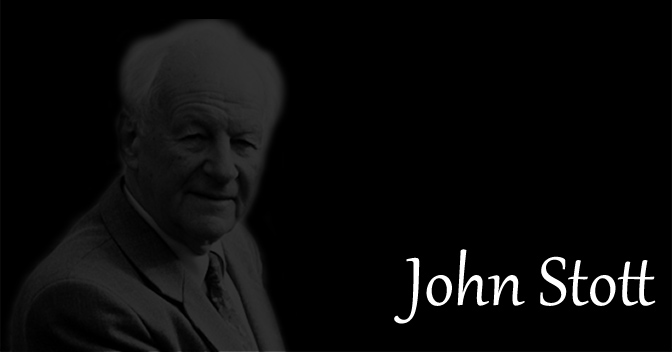The only way for God’s holy love to be satisfied is for his holiness to be directed in judgement upon his appointed substitute, in order that his love may be directed towards us in forgiveness. The substitute bears the penalty, that we sinners may receive pardon. Who, then, is the substitute? Certainly not Christ, if he is seen as a third party. Any notion of penal substitution in which three independent actors play a role – the guilty party, the punitive judge and the innocent victim – is to be repudiated with the utmost vehemence. It would not only be unjust in itself but would also reflect a defective Christology. For Christ is not an independent third person, but the eternal Son of the Father, who is one with the Father in his essential being.
What we see, then, in the drama of the cross is not three actors but two, ourselves on the one hand and God on the other. Not God as he is in himself (the Father), but God nevertheless, God-made-man-in-Christ (the Son). Hence the importance of those New Testament passages which speak of the death of Christ as the death of God’s Son: for example, “God so loved the world that he gave his one and only Son”, “he … did not spare his own Son”, and “we were reconciled to God through the death of his Son.” For in giving his Son he was giving himself. This being so, it is the Judge himself who in holy love assumed the role of the innocent victim, for in and through the person of his Son he himself bore the penalty which he himself inflicted. As Dale put it, “the mysterious unity of the Father and the Son rendered it possible for God at once to endure and inflict penal suffering.” There is neither harsh injustice, not unprincipled love nor Christological heresy in that; there is only unfathomable mercy. For in order to save us in such a way as to satisfy himself, God through Christ substituted himself for us. Divine love triumphed over divine wrath by divine self-sacrifice. The cross was an act simultaneously of punishment and amnesty, severity and grace, justice and mercy.
—John Stott
The Cross of Christ, 158-159

Comments are closed